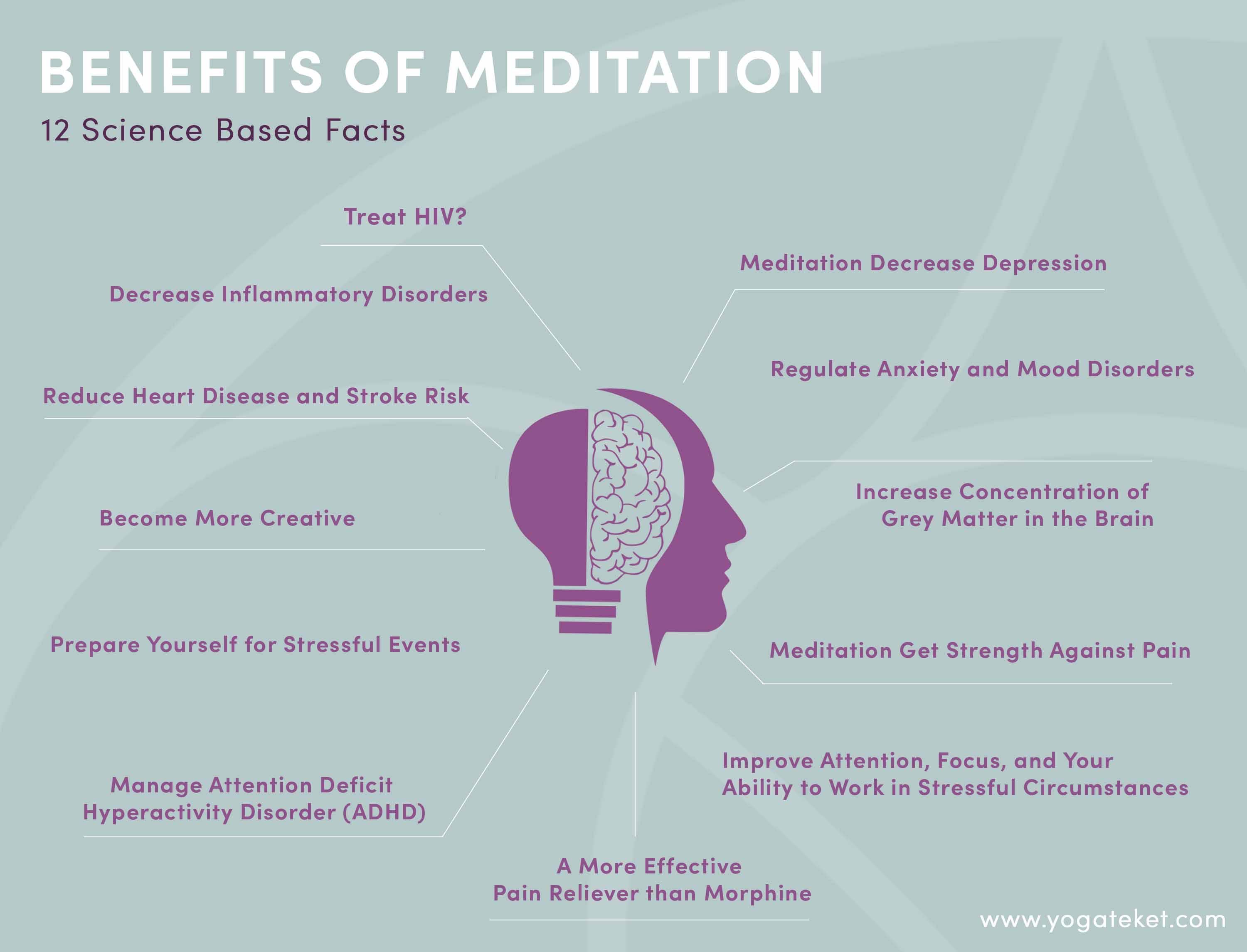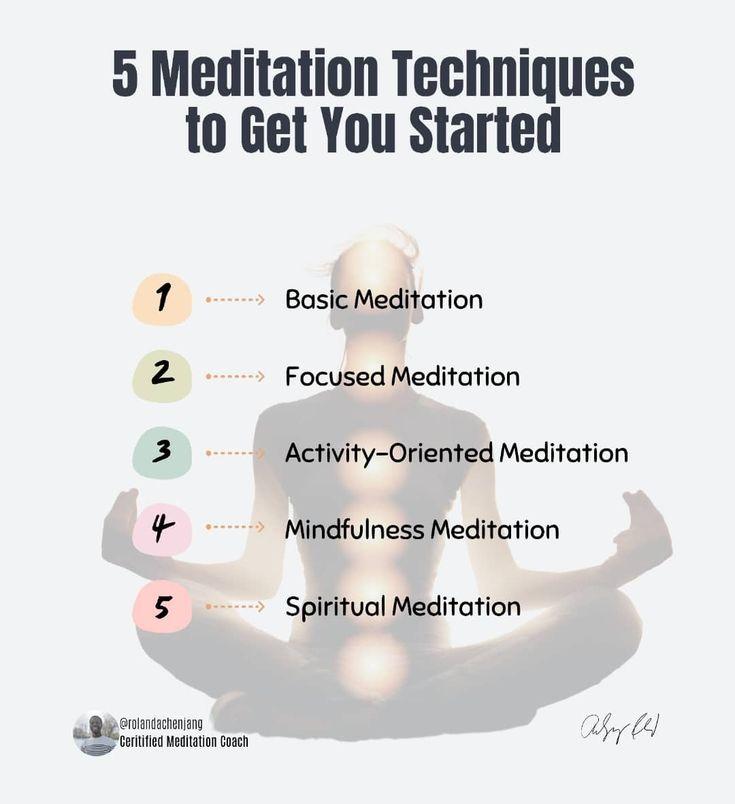In the quiet corners of our bustling world, where the clamor of daily life often drowns out the whispers of our inner selves, a gentle practice offers solace and restoration: meditation. As we navigate the complexities of modern existence, with its relentless pace and ever-present demands, emotional wounds can accumulate, silently shaping our experiences and interactions. Yet, within the stillness of meditation lies a transformative power, a pathway to profound emotional healing. This ancient practice, with its roots entwined in diverse cultures and traditions, invites us to journey inward, exploring the depths of our emotions with curiosity and compassion. In this article, we delve into the art of using meditation as a tool for emotional restoration, uncovering how this timeless technique can help us mend, nurture, and ultimately enhance our emotional well-being.
Harnessing Mindfulness for Emotional Resilience
Embracing the practice of mindfulness through meditation offers a profound pathway to bolster emotional resilience. In the fast-paced rhythm of modern life, emotions can often feel overwhelming, leaving individuals searching for grounding techniques. Mindfulness meditation serves as a sanctuary where one can cultivate awareness and acceptance of the present moment. By focusing on the breath, acknowledging thoughts without judgment, and embracing sensations as they arise, individuals can develop a deeper understanding of their emotional landscapes.
- Self-Awareness: Meditation encourages a non-judgmental awareness of one’s thoughts and feelings, fostering an intimate understanding of emotional triggers.
- Stress Reduction: Regular practice can lower stress levels, creating a more balanced emotional state and enhancing the ability to cope with challenges.
- Improved Focus: Mindfulness strengthens concentration, allowing for clearer thinking and decision-making during emotionally charged situations.
- Compassion Cultivation: Meditation nurtures empathy and kindness towards oneself and others, facilitating emotional healing and connection.
By integrating mindfulness into daily life, one can transform emotional turmoil into opportunities for growth and resilience, creating a foundation for enduring emotional well-being.

Exploring the Science Behind Meditation and Emotional Well-being
Meditation is increasingly recognized not just as a spiritual or relaxation practice, but as a scientifically-backed method for enhancing emotional health. Recent studies suggest that regular meditation can lead to significant improvements in emotional regulation, helping individuals manage stress, anxiety, and even depression. The practice of mindfulness, a key component of meditation, encourages individuals to observe their thoughts and feelings without judgment. This awareness can lead to a greater understanding of emotional patterns, promoting healing and resilience.
Several scientific findings support the transformative power of meditation on emotional well-being. These include:
- Reduction in stress levels: Meditation has been shown to lower cortisol levels, the hormone associated with stress, contributing to a calmer state of mind.
- Enhanced emotional intelligence: Regular practice helps improve self-awareness and empathy, fostering healthier relationships.
- Improved focus and clarity: By training the mind to focus on the present, meditation can enhance concentration and decision-making abilities.
Embracing meditation as a daily habit can serve as a powerful tool for emotional healing, offering individuals a pathway to cultivate inner peace and emotional strength.
 Emotional Healing“>
Emotional Healing“>
Practical Meditation Techniques for Emotional Healing
Embracing meditation as a tool for emotional healing involves integrating specific techniques that can guide you towards inner peace and emotional balance. One effective approach is mindfulness meditation, which encourages you to focus on the present moment, acknowledging and accepting your emotions without judgment. This practice helps you to develop a deeper understanding of your emotional responses, ultimately fostering a sense of calm and resilience.
- Breathing Exercises: Engage in deep, rhythmic breathing to soothe your nervous system and reduce stress.
- Body Scan Meditation: Pay attention to different parts of your body, releasing tension and becoming aware of physical manifestations of emotions.
- Guided Visualization: Use imagery to transport yourself to a peaceful place, helping to alleviate emotional distress.
- Loving-Kindness Meditation: Cultivate compassion by silently sending goodwill to yourself and others, enhancing emotional connections.
By incorporating these techniques into your daily routine, you can gradually unlock emotional healing and cultivate a more harmonious state of mind. Remember, consistency is key, and each meditation session is a step towards deeper emotional awareness and healing.

Integrating Meditation into Daily Life for Sustained Emotional Balance
To weave meditation seamlessly into the fabric of your everyday life, consider starting with small, manageable practices that fit effortlessly into your routine. Begin your day with a few moments of mindful breathing before stepping out of bed. Use your commute as a chance to practice awareness, focusing on the rhythm of your breath or the sights and sounds around you. These simple actions can serve as gentle reminders to center yourself, even amidst the chaos.
Strategies to effortlessly incorporate meditation:
- Set aside a dedicated time each day, even if it’s just five minutes, to sit in stillness.
- Incorporate mindfulness into daily tasks such as eating, walking, or even showering.
- Use technology to your advantage by setting reminders or using apps that offer guided meditations.
- Practice gratitude by reflecting on positive aspects of your day before bedtime.
By integrating these practices, meditation becomes not just an isolated event but a continuous thread that fosters emotional resilience and healing.
To Wrap It Up
As we close this exploration into the world of meditation and its profound ability to enhance emotional healing, it’s clear that the journey inward can be as transformative as it is enlightening. By embracing the gentle art of mindfulness, we invite a sense of peace and balance into our lives, allowing us to navigate the complexities of our emotions with greater clarity and compassion. Whether you are taking your first steps into meditation or deepening an existing practice, remember that healing is a personal journey, one that unfolds at its own pace. As you continue to cultivate this sacred space within, may you discover the strength and serenity that lie at the heart of your being, guiding you toward a life of greater emotional resilience and well-being.
